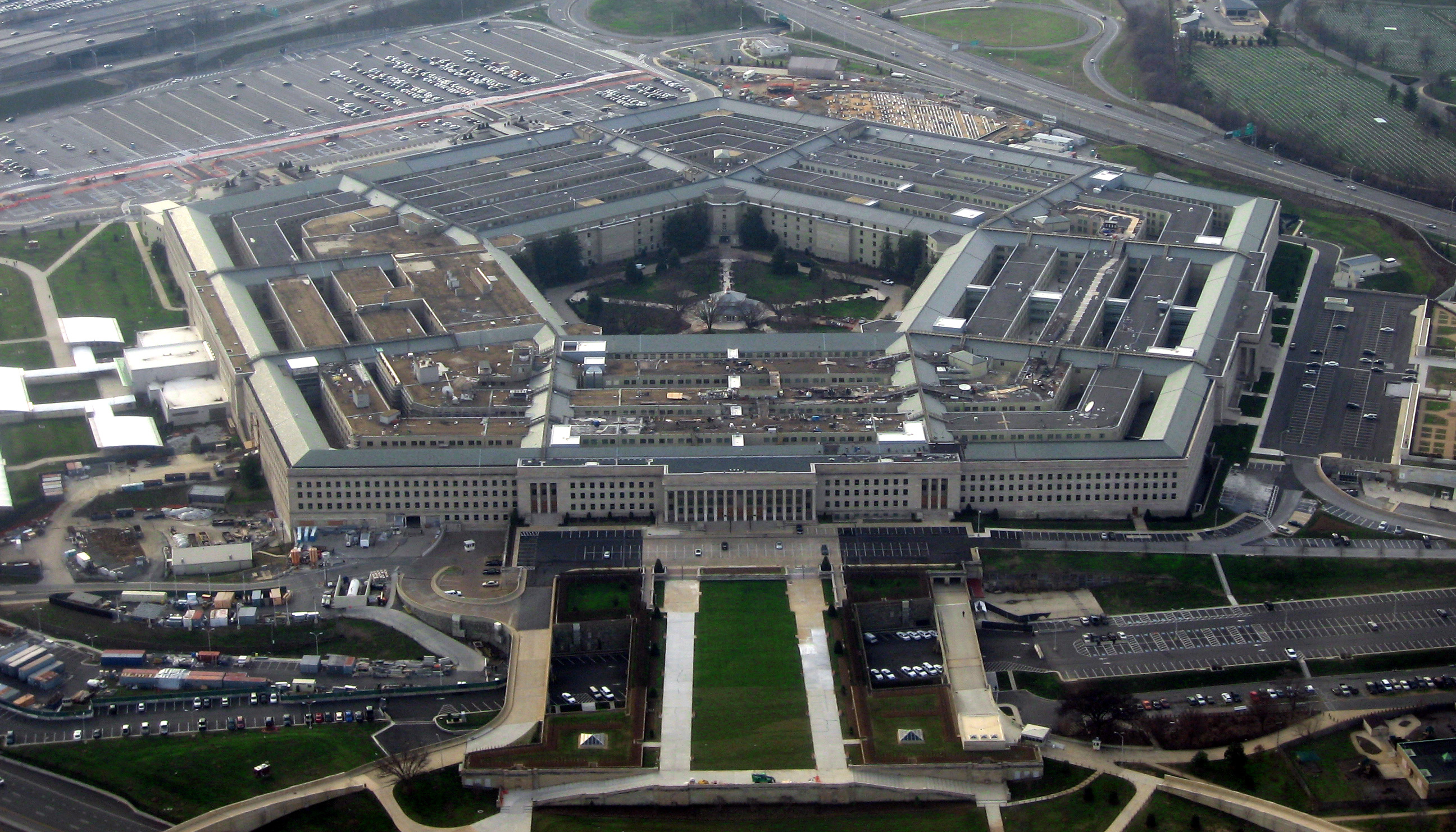How and why the Pentagon fears climate change

Kerry electrified the room. In a short but exciting speech, delivered without notes, he set out the reasons for his passion for reducing global warming and for addressing the many challenges posed by climate deterioration. At the time, I thought about how much I wish it had had a real influence on President Donald Trump's administration, which had pulled the United States out of the Paris climate agreements.
Well, as they say, elections have consequences. By appointing Kerry as the special presidential climate envoy, President-elect Joe Biden is signaling how important this set of issues will be for his administration. What is particularly noteworthy is Kerry's inclusion not only in the cabinet but also as a member of the National Security Council. This will be welcomed by environmentalists, of course, and the Department of Defense, which may come as a surprise to observers who think the Pentagon is a massive, gas-eating and anti-environmental entity, Bloomberg writes.
In fact, the Department in general – and the uniformed military in particular – is very concerned about the effects of climate change, and will be thrilled by an administration that takes the threat seriously and is willing to try to reduce it. Why does the Department of Defense care about climate change and what will the military do under Biden?
Let's start with the ways in which the climate is related to national security. At the top of the list is the immense tension that the response to climate events puts on Pentagon resources. The military has responded vigorously, nationally and internationally, to forest fires, hurricanes, typhoons, floods and civil unrest that often follow such crises. Most scientists attribute the increased severity of humanitarian disasters to the impact of global warming.
An additional climate-induced threat is the type of resource scarcity, particularly water shortages, that plague Africa and the Middle East. When agricultural economies falter due to drought and higher temperatures, fighting erupts. The wars in Syria and Mali are examples of conflicts in which soaring heat and water scarcity are determining factors.
Another concern is the possibility of competition in the Arctic. As temperatures rise and polar ice melts, the possibilities of conflict between Russia on one side of the Arctic Sea and the nations of the North Atlantic Treaty Organization – the United States, Canada, Norway, Iceland and Denmark (which controls Greenland) – on the other they increase. China, which has a strong interest in shortening shipping routes across the top of the world, is building an icebreaker fleet. And the melting of the ice opens up access to hydrocarbons, which could become a source of disagreement and hostility.
Finally, the Department of Defense is concerned about rising sea levels, which threaten crucial ports in the United States and overseas. The Norfolk Naval Base in Virginia, home to the largest concentration of the US Navy's fleet, is often flooded, and over time may become unsustainable as a military port.
Given all these concerns, the department has paid more attention to climate issues since the very beginning of Barack Obama's administration. Led by former Navy Secretary Ray Mabus, the service experimented with adapting its energy needs to a blend of petroleum and non-fossil fuels. The focus of the effort was the so-called Great Green Fleet, which deployed to the Pacific in 2016 and included the John C. Stennis aircraft carrier group. The mission was to prove that energy conservation and American energy projection could float together.
All military branches have tried to improve the sustainability and decarbonisation of their energy consumption. Prominent figures, including two former Presidents of the Chiefs of Staff, Admiral Michael Mullen and General Joseph Dunford, and retired Admiral Sam Locklear, head of the Pacific Command, have all spoken out strongly about issues of climate and national security.
The Trump administration has done its best to reverse the military's shift to alternative energy. Yet Pentagon leaders continued to include climate issues where they could in their strategies and policies. Such efforts will not only be welcomed under the Biden administration, but will be mandatory.
Seeking the Pentagon to clearly articulate the ways in which climate change is a threat to national security; restart experiments on alternative fuels such as the Great Green Fleet; increase targets for shifting to sustainable energy sources in the bases and ultimately achieve net zero emissions globally; improve the ability to respond to climate emergencies.
The deterioration of the climate is real, and it will cause the United States considerable security concerns. The Pentagon, so often a source of new technologies that change the world, has the potential to demonstrate that one of the largest organizations on earth in terms of personnel, budget, installations and logistics can go green. Climate Czar Kerry will find a partner willing to work with the Defense Department.
(Extract from the foreign press review by Epr Comunicazione )
This is a machine translation from Italian language of a post published on Start Magazine at the URL https://www.startmag.it/energia/pentagono-stati-uniti-cambiamento-climatico/ on Sat, 16 Jan 2021 07:20:14 +0000.
